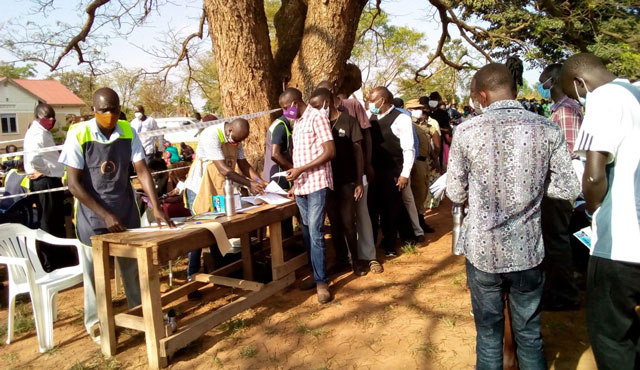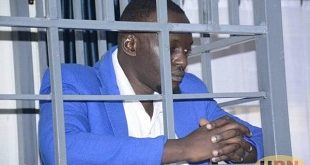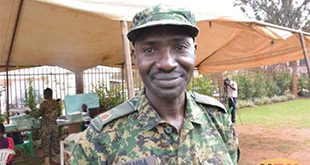
Soroti, Uganda | THE INDEPENDENT | Civil Society Organizations- CSOs in Teso are mobilizing voters to turn up in big numbers as the country returns to the polls, to vote for lower local government leaders this morning.
The move follows a very poor voter turnout recorded in the recently concluded elections across the region. Soroti City had only 34 per cent voters in the Division Mayor elections last week while the majority of the districts recorded about 50 per cent voter turnout in LCV elections.
Following the trend, different organisations have stepped in to encourage communities to participate in today’s polls. Today, Ugandans will be electing Chairpersons and Directly-elected Councillor and Women Councillors at the Sub County, Town Council, and Municipal Divisions, also known as LC III, level.
This election, which marks the final national electoral activity under the Roadmap for General Elections 2021, is expected to take place in 2,190 Sub Counties, Town Councils and Municipal Divisions, located in 135 districts. There will no elections in the 10 cities and Kampala Capital City.
David Asubu, the Programs Officer at Action Aid in charge Kumi and Bukedea districts observes that unlike the presidential and parliamentary elections, local council polls have a direct impact on the development of the community, and as such, communities should be more enthusiastic about them.
Priscilla Oron, a resident of Akisim in Soroti City says most people don’t trust in the outcome of elections. She notes after presidential and parliamentary results, most people lost morale and decided to stay home.
Richard Esegu, the NRM Administrative Secretary in Soroti says most people are interested in presidential and parliamentary elections and proposes that general elections should start with lower local governments to help address low voter turnout.
But Peter Kedi, a bodaboda cyclist in Serere observes that local government elections are not as vibrant as presidential and parliamentary elections. He added that most people were ferried to polling stations by candidates and parties during presidential and parliamentary, something local government candidates cannot afford.
********
URN
 The Independent Uganda: You get the Truth we Pay the Price
The Independent Uganda: You get the Truth we Pay the Price


